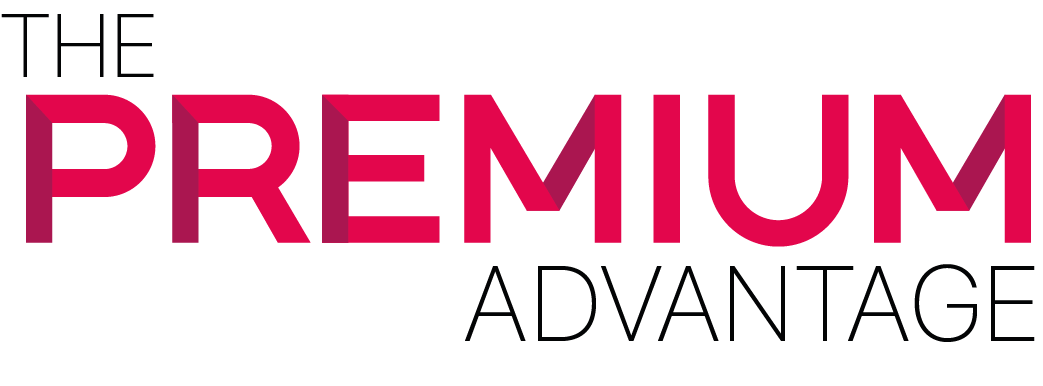Business commercial property insurance protects your business of financial losses resulting from a natural disaster or fire. Whether you own or lease a building or you work from home commercial property insurance covers your business’ assets. Property insurance is an investment to securing the future of your business. Coverage will protect not only the building but also furniture, equipment, inventory and property belonging to others. Commercial property coverage varies by perils you are protecting your business against and what things you want insured. Always keep an updated inventory of your business to help you determine what property should be insured and its replacement value.
There are three types of commercial property polices, basic, broad and special form that protect against different causes of damage. A basic commercial policy covers perils such as fires, explosions, theft, vandalism and damage from vehicles or even airplanes. Broad form policies cover structural collapse, sprinkler leakage, and damaged caused by ice, sleet or weight of snow in addition to common perils. Special form policies cover all types of perils except those specifically excluded such as flood, earth movement, war, terrorism, nuclear disaster, wear and tear, and insects and vermin. You can always endorse your policy for additional coverage to protect your property from flood, earthquakes and broken glass.
What Is Commercial Property Insurance?
Commercial property coverage pays for damaged, stolen, or destroyed property including:
- Coverage for the building, but can include permanent fixtures, machinery and equipment.
- Your buildings contents such as inventory, office equipment, or supplies taken by others.
- Property belonging to others that were left in your care.
If you rent a building, buy tenant coverage to insure your machinery, furniture, and merchandise. Tenant coverage will cost less as the policy covers only contents inside the building not the building itself.
Insurers use a process called underwriting to determine the likelihood of your business filing a claim. There is as standard rating system used to determine a structure’s fire rating. Factors involved in this system include:
- Construction materials – buildings with combustible materials will have higher premiums than buildings made of fire resistant material
- Location – buildings located within city and a mile from fire stations will cost less than a building in the outskirts of a city.
- Occupancy – building use will affect fire rating; as one profession can have a higher risk than another.
- Fire protection measures – buildings with sprinklers, fire extinguishers, or automatic alarms usually have a lower rate.
- Exposure – buildings near gas stations or factories increase the risk of fire
Replacement Cost vs. Actual Cash Value
Commercial property policies pay for losses based on the items replacement cost or actual cash value.
- Replacement cost is the amount necessary to repair, replace, or rebuild your property on premises, with similar materials and quality without deducting depreciation.
- Actual cash value will pay to rebuild or replace your property minus depreciation because of wear and tear or age.
Additional Coverage(s)
Crime Coverage
- Loss of glass and money due to theft pays for damages resulting from a break-in
- Robbery and safe burglary covers property other than money or securities
- Forgery or alteration coverage protects your business against checks, drafts, or other types of payments
- Theft, disappearance and destruction coverage insures money and other property against losses whether on or off premises in the custody of an employee or messenger
Flood Insurance
As most property insurance policies do not cover flood damage you can always buy flood insurance through a licensed insurance agent. There is a 30-day waiting period after you purchase a flood policy until it goes into effect.
